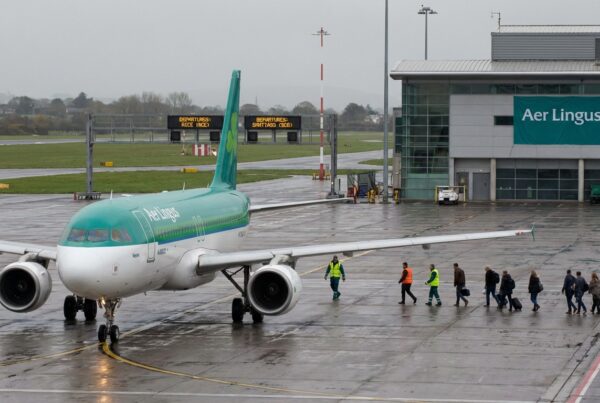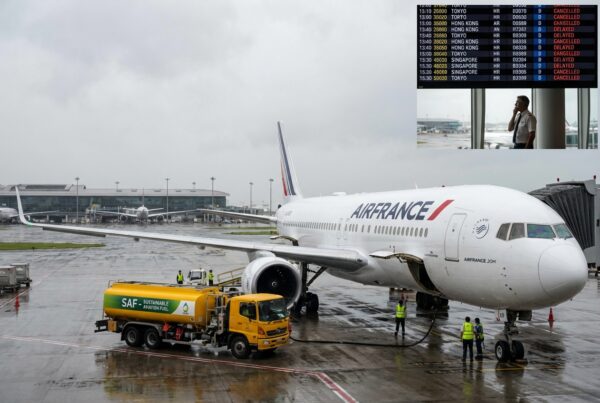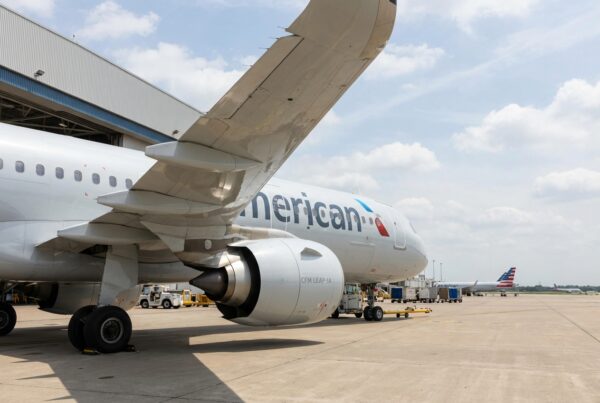From Paris to Nice, thousands of travelers are seeing their journeys disrupted by cancellations and delays that are multiplying. On the eve of planned actions by air traffic controllers, the debate over air traffic control French companies to manage heavy traffic, while others are demanding quick answers.
Ryanair, passengers and the shockwave of delays
The rising tensions between certain airlines and the aviation authorities can be explained by the accumulation of disrupted operating days. The increase in delays affects the reliability of timetables and adds to the bill for carriers, but above all for passengers. Messages announcing cancelled connections, missed connections and long queues at airports have generated a great deal of media attention and legitimate concern among customers.
Direct impact on travelers and tourism
For the passenger, the impact means uncertainty about arrival at destination, unforeseen costs and a degraded travel experience. The tourism sector, hotels and local service providers suffer the consequences of repeated delays, with noticeable effects on the regional economies of the hubs most affected. What motivates airlines to point the finger at air traffic control is a business imperative: to protect punctuality and reduce the indirect costs of poor operational performance.
The root causes of disruption
Several factors contribute to our current fragility. The first is the understaffing This is the result of insufficient recruitment to cope with the higher-than-expected upturn in traffic. The second factor is periodic industrial action, which occasionally reduces operational capacity. Added to this are European traffic management constraints and local operational adjustment decisions, which can lead to bottlenecks around major hubs.
Technical and organizational consequences
From a technical point of view, slot flexibility is limited when the workload exceeds ATC's capacity. Schedule adjustments imposed as a last resort trigger chain reactions: delayed aircraft, crews out of time, impossible rotations. From an organizational point of view, coordination between airlines, airports and air traffic control services becomes decisive in limiting the impact of disruptions and preserving safety, the top priority of any decision.
Possible answers according to Flywest
Flywest identifies short- and medium-term courses of action to restore passenger fluidity and confidence. In the short term, proactive communication with passengers needs to be improved to reduce the feeling of abandonment when disruption occurs. Faster re-accommodation procedures and targeted commercial offers can limit the perceived impact.
Investing in resources and planning
In the medium term, Flywest recommends stepping up recruitment and training of air traffic controllers to bring staffing levels into line with actual traffic levels. Flow optimization, supported by digital capacity management tools and better cross-border coordination, will help reduce areas of tension. Last but not least, a shared strategy between authorities, airlines and airports is essential to develop sustainable solutions.
What passengers need to know
Travelers and professionals alike need to anticipate any possible deterioration in service during busy periods or industrial action. Keeping your documents up to date, checking your flight before going to the airport and knowing your rights in the event of delay or cancellation are pragmatic gestures. At the same time, industry players are called upon to reinforce pricing and information transparency to restore confidence.
The role of authorities and companies
National and European authorities are responsible for assessing the adequacy of resources and procedures. For their part, airlines must continue to invest in operational robustness and effective contingency plans. Flywest stresses the importance of joint action to prevent the punctuality crisis from becoming a structural risk for the attractiveness of French airports.
Key information
Nature of the problem accumulation of delays and cancellations due to a combination of staff shortages, operational constraints and industrial action.
Impact disturbances for passengersIn addition, there are additional costs for airlines and local economic consequences for highly connected areas.
Solutions recommended by Flywest These include increased recruitment and training, better coordination between players, technological investment in traffic management and transparent communication with passengers.
Travel advice The new "Flight Planner" tool: anticipate, track your flight in real time and know your rights in terms of compensation and assistance.




